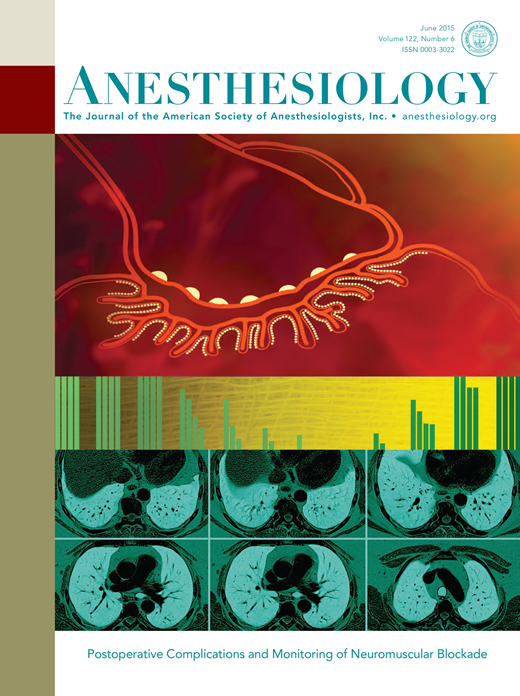Leveraging Large Language Models to Enhance Emotional Intelligence Training in Anesthesiology.
IF 9.1
1区 医学
Q1 ANESTHESIOLOGY
引用次数: 0
Abstract
Emotional intelligence is essential for high-stakes interactions in the perioperative setting. Whether addressing patient concerns, resolving conflicts, or triaging cases, anesthesiologists rely on emotional intelligence for effective communication. However, stressors such as fatigue and heavy workloads can deplete the ability to sustain emotional intelligence during critical moments. Emotional intelligence can be strengthened with structured training. Large language models (LLMs), with their ability to generate empathetic responses, offer an innovative approach to enhancing emotional intelligence training in anesthesiology. LLMs can generate a variety of on-demand scenarios that can be fine-tuned, validated, and implemented by experts. They can be used to create tailored simulation scenarios for a variety of pedagogical methods to help clinicians prepare for emotionally charged conversations and enhance their communication skills. While not a replacement for human training, LLMs can serve as easily accessible supplemental tools to bolster clinicians' emotional intelligence skills when integrated with proper oversight.利用大型语言模型加强麻醉学中的情绪智力训练。
情绪智力对于围手术期的高风险互动至关重要。无论是解决病人的问题,解决冲突,还是分诊,麻醉师都要依靠情商来进行有效的沟通。然而,疲劳和繁重的工作量等压力源会在关键时刻耗尽维持情商的能力。情商可以通过结构化的训练得到加强。大型语言模型(llm)具有产生移情反应的能力,为加强麻醉学中的情商训练提供了一种创新的方法。法学硕士可以生成各种随需应变的场景,这些场景可以由专家进行微调、验证和实施。它们可用于为各种教学方法创建量身定制的模拟场景,以帮助临床医生为充满情感的对话做好准备,并提高他们的沟通技巧。虽然法学硕士课程不能替代人类培训,但如果与适当的监督相结合,法学硕士课程可以作为增强临床医生情商技能的便捷补充工具。
本文章由计算机程序翻译,如有差异,请以英文原文为准。
求助全文
约1分钟内获得全文
求助全文
来源期刊

Anesthesiology
医学-麻醉学
CiteScore
10.40
自引率
5.70%
发文量
542
审稿时长
3-6 weeks
期刊介绍:
With its establishment in 1940, Anesthesiology has emerged as a prominent leader in the field of anesthesiology, encompassing perioperative, critical care, and pain medicine. As the esteemed journal of the American Society of Anesthesiologists, Anesthesiology operates independently with full editorial freedom. Its distinguished Editorial Board, comprising renowned professionals from across the globe, drives the advancement of the specialty by presenting innovative research through immediate open access to select articles and granting free access to all published articles after a six-month period. Furthermore, Anesthesiology actively promotes groundbreaking studies through an influential press release program. The journal's unwavering commitment lies in the dissemination of exemplary work that enhances clinical practice and revolutionizes the practice of medicine within our discipline.
 求助内容:
求助内容: 应助结果提醒方式:
应助结果提醒方式:


